 By Ahwon Choi, Lee International
By Ahwon Choi, Lee International
E: awchoi@leeinternational.com
Amendments to several Korean employment and labour statutes were passed on November 28, 2017 and will take effect during the first half of 2018. Companies incorporated and operating in Korea or contemplating conducting business in Korea should take heed of these amendments to ensure compliance with the applicable laws.
Among the pro-labour amendments, minimum wage adjustment is perhaps the most talked about as it will likely have the most direct and immediate impact on corporate financials. Starting from January 1,2018, the minimum wage now stands at W7,530 (US$7.05) per hour, increased from the prior year by 16.4 percent. This is the largest yearly hike in 17 years. The foregoing amendment brings Korea closer to the US and other economically leading OECD member states in terms of minimum wage, and as expected, employees welcome the change with open arms. But concerns have also been ballooning over whether companies can survive the sudden wage hike, especially relatively small businesses and/or those with lower profit margins. (http://jobfunds.or.kr/)
As minimum wage exemptions under the Minimum Wages Act (MWA) will no longer apply to unskilled manual workers (to be further defined by the Ministry of Employment and Labour) as of March 20, 2018, employers also will need to pay the full minimum wage to those employees, even during any probationary period (Article 5, Section 2). One way to mitigate the financial burden accompanying the foregoing amendments is to take advantage of the government funding available to businesses with less than 30 employees. That funding provides W130,000 monthly per employee earning less than W1.9 million each month.
Another major change to working conditions is an amendment to the Labour Standards Act (the LSA) to extend the annual leave system to cover the first year of employment, which will take effect on May 29, 2018. At present, employees are entitled to 15 days of leave for the first two years of employment combined. The amendment will provide employees who have worked for less than a year at their current job (as of May 29) with up to 11 days of leave for year 1 and 15 days for each subsequent year (Article 60, Section 3). It is worth noting that unpaid statutory childcare leave will be counted as days worked in calculating the days of annual leave to which an employee is entitled (Article 60, Section 6(3)).
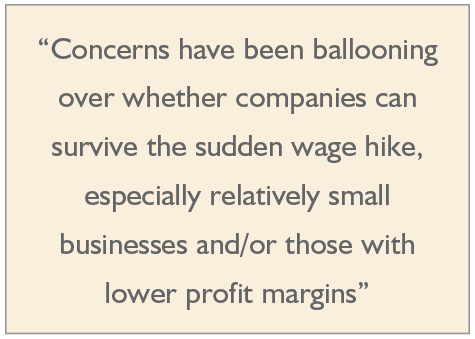
An additional change to the law focuses on workplace sexual harassment, which will be addressed with more severe punishments, as well as promoting prevention through training programmes. Effective May 29, 2018, employers must ensure compliance with the amendments to the Equal Employment Opportunity and Work-Family Balance Assistance Act (EEOC) that obligate employers to hold annual sexual-harassment prevention training sessions (Article 13, Section 1) and to make available training materials that are accessible to employees at any time (Article 13, Section 4). It may be helpful to note that for relatively small businesses, the Ministry of Employment and Labour offers an outside instructor, free of charge in order to facilitate the training. Any business with less than 30 employees may apply for a free instructor via a phone call to the applicable local employment and labour office.
Other EEOC amendments will soon expand employer obligations upon receiving sexual harassment complaints, mandating employers to promptly commence investigation into the allegations while taking measures to prevent the alleged victim from experiencing further humiliation (Article 14, Section 2) and otherwise protecting him/her by offering a change of work sites or paid leave (Article 14, Section 3). Strict confidentiality obligations during the investigation will also be imposed on the person who received the complaint, the investigator and other participants of the investigation (Article 14, Section 7). If investigation confirms that the reported workplace sexual harassment has indeed occurred, employers shall give the victim an opportunity to be heard prior to taking any disciplinary action against the perpetrator (Article 14, Section 5) and provide the victim with options for further protection (ie transfer to a different department, paid leave, etc) (Article 14, Section 4). In light of these additional responsibilities, it is also no longer sufficient for employers to make minimal efforts to deal with sexual harassment incidents involving employees being sexually harassed by the employer’s clients or customers. According to the applicable amendment, once employers learn that their employees have been sexually harassed by their clients or customers, they are now obligated to take concrete measures to protect the victimised employees (through relocation, paid leave, etc depending on the employee’s preference) (Article 14-2, Section 1).
For smooth transition with the foregoing amendments, businesses should familiarise themselves with the inevitable changes as soon as possible and act fast to devise new policies and systems to comply with and/or prepare for them at reasonable costs.

E: awchoi@leeinternational.com
T: 82 2 2262 6288
F: 82 2 2279 5020



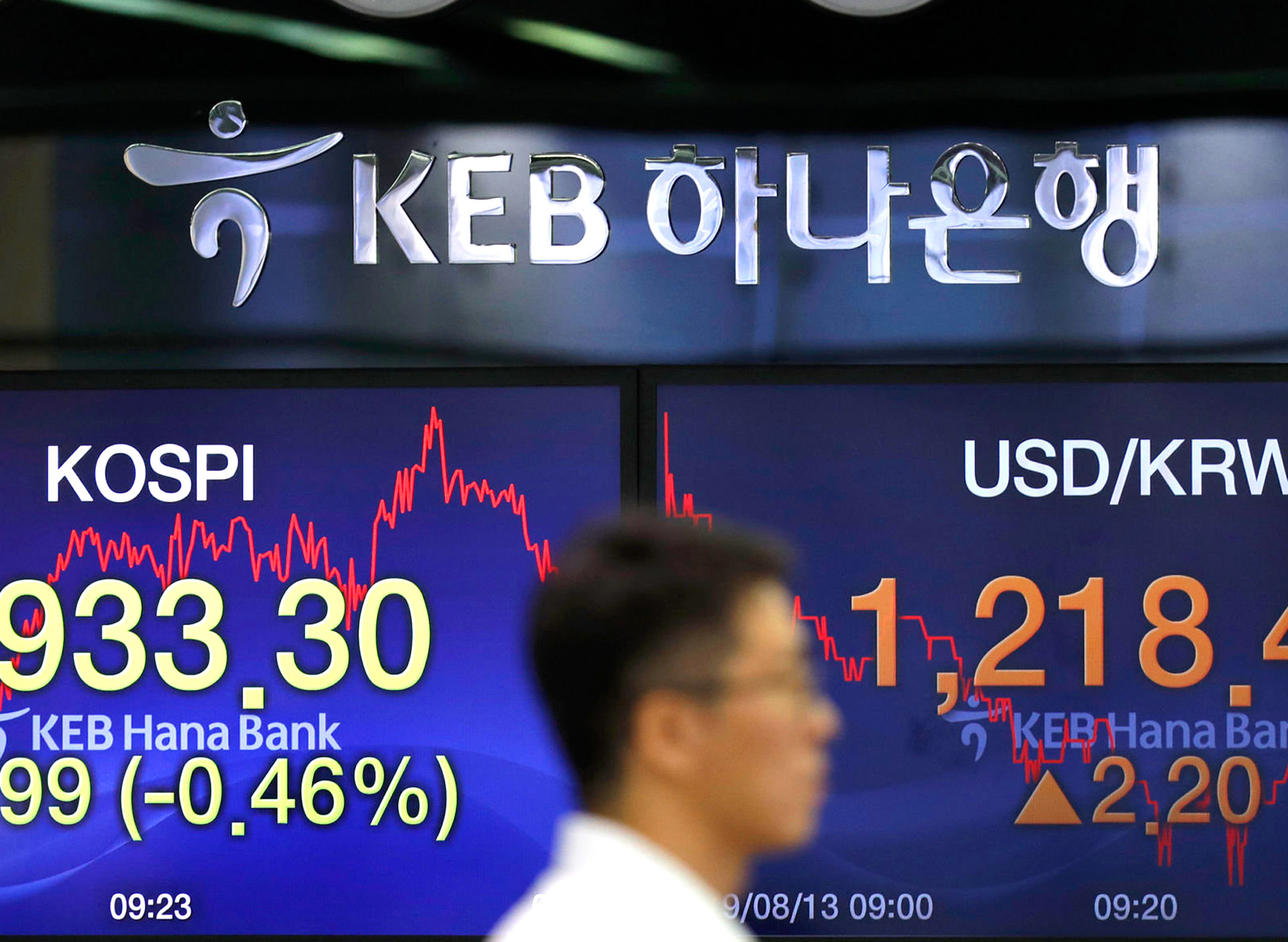


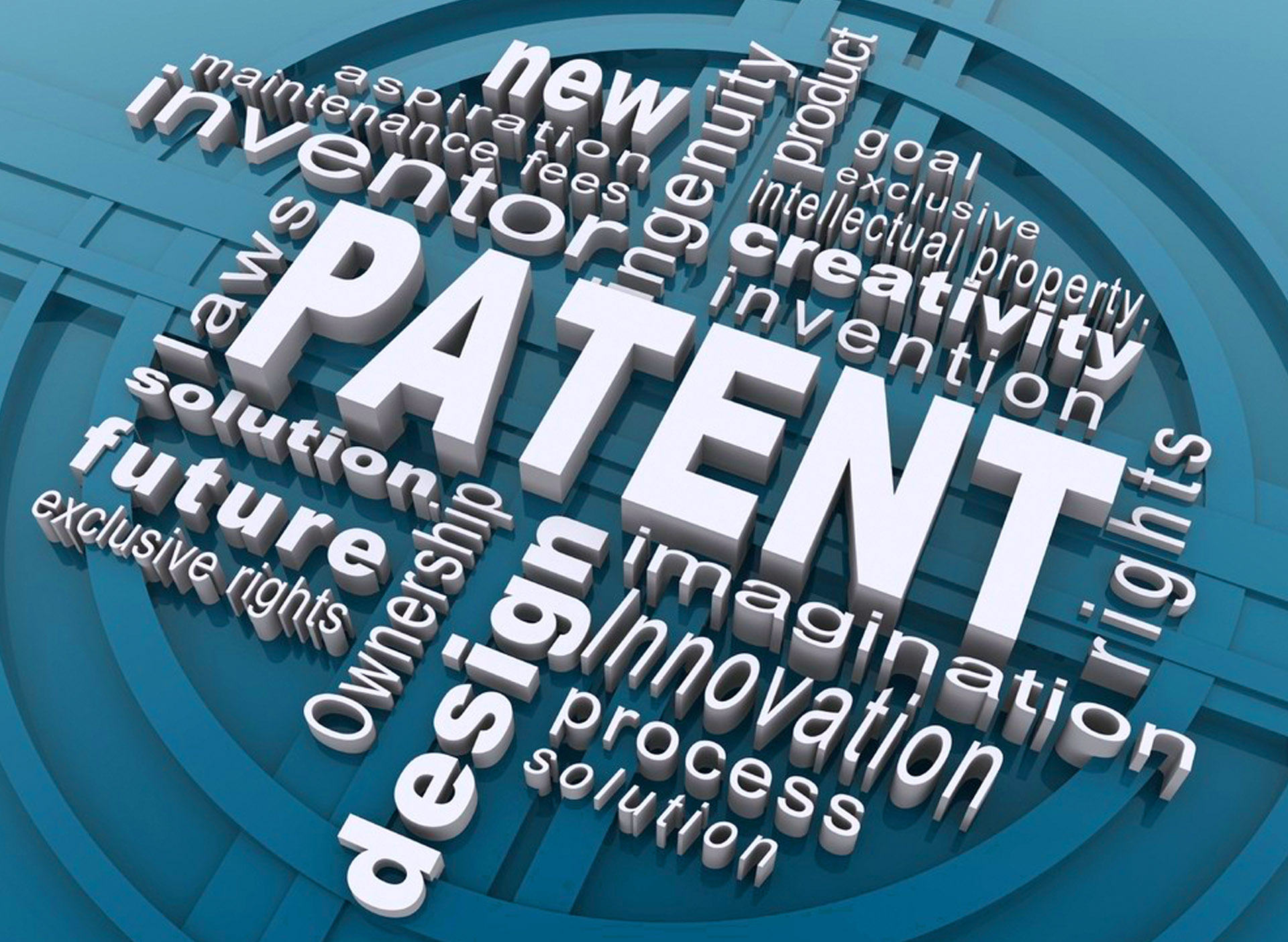

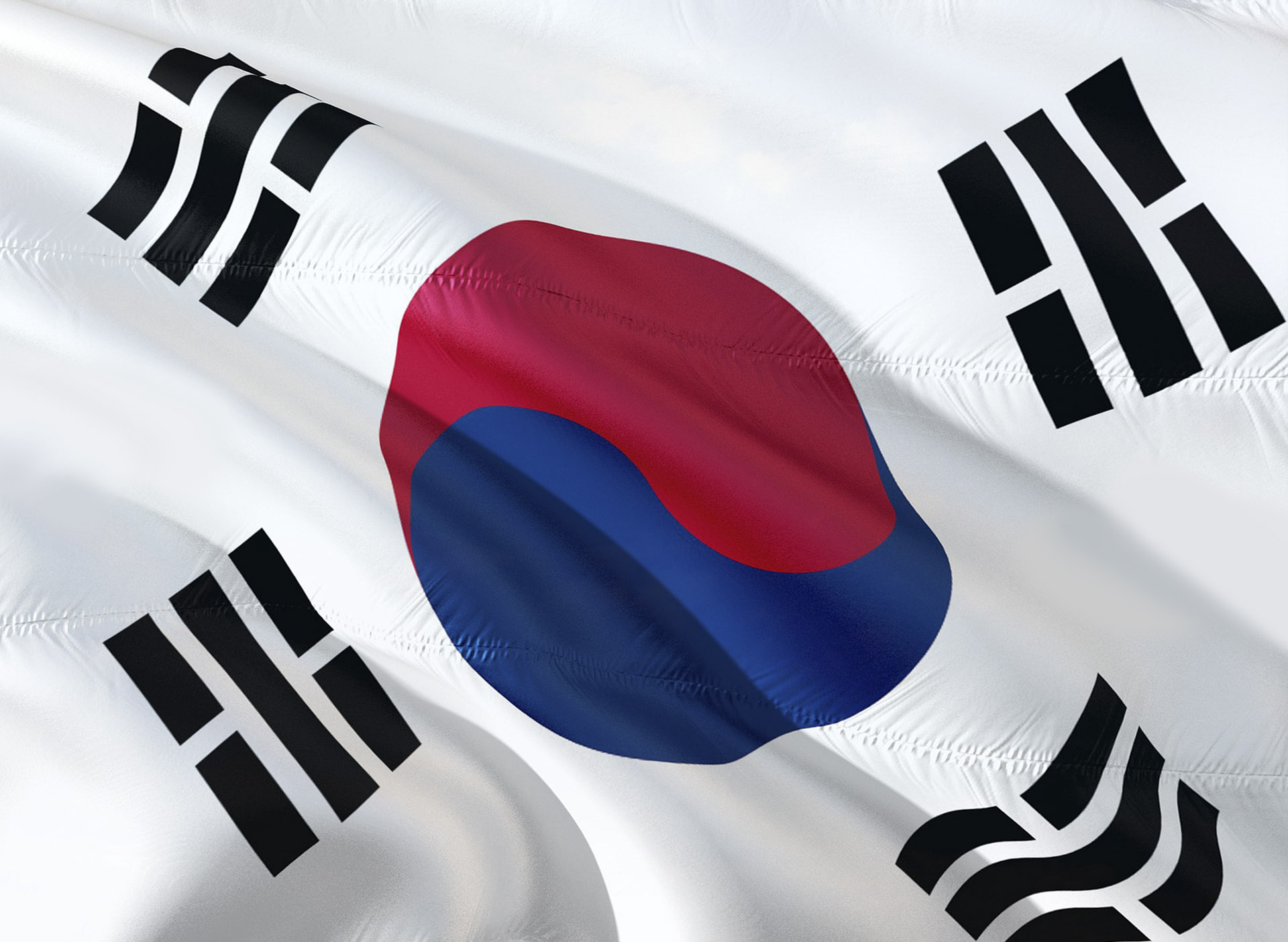


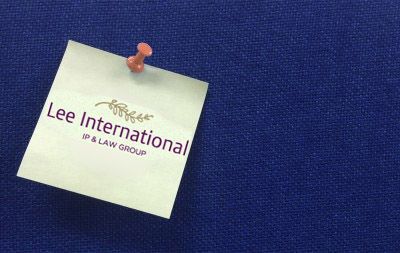
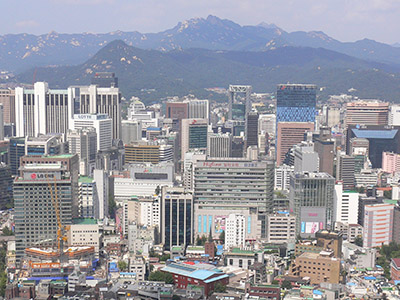












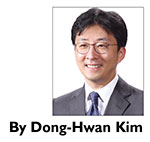

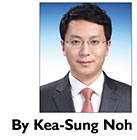




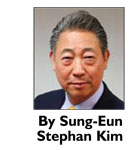
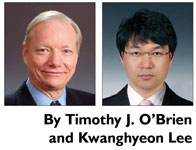









 Nicholas H. Park
Nicholas H. Park







